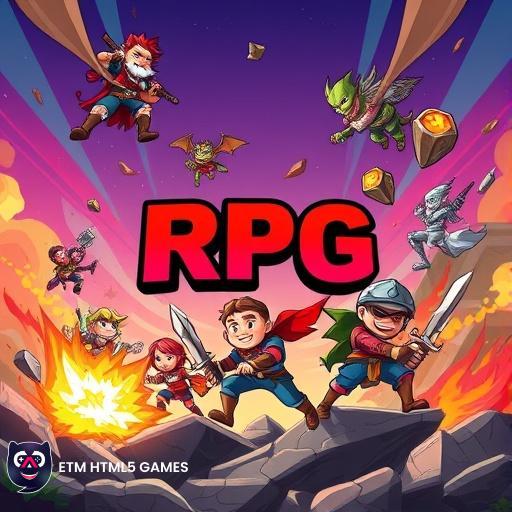Role-playing games, or RPG games, offer players immersive experiences where they embody characters and shape their destinies within captivating narratives. These games often feature intricate storylines, character development, and strategic combat systems that encourage player agency and creativity.
One of the defining characteristics of RPG games is the ability to create and customize characters. Players can select from various races, classes, and backgrounds, each with unique abilities and attributes. As they progress through the game, characters gain experience points, allowing them to level up and enhance their skills, learn new spells, or acquire powerful equipment. This sense of progression and customization is a key element of RPG games.
Combat in RPG games can range from turn-based battles to real-time action, depending on the game. Strategy and resource management are crucial, as players must carefully consider their party's strengths and weaknesses, exploit enemy vulnerabilities, and utilize skills and items effectively. Many RPG games also incorporate moral choices that affect the storyline and character relationships. These choices can have significant consequences, shaping the game world and the player's reputation.
The appeal of RPG games lies in their ability to transport players to fantastical worlds and allow them to become invested in the lives of their characters. Whether exploring vast open worlds, delving into deep dungeons, or engaging in epic quests, RPG games offer endless possibilities for adventure and discovery. The genre continues to evolve, with new titles pushing the boundaries of storytelling, gameplay mechanics, and visual fidelity.
From classic titles like Final Fantasy and The Elder Scrolls to modern hits like The Witcher and Divinity: Original Sin, RPG games have captivated gamers for decades. Their enduring popularity is a testament to their power to immerse players in rich and engaging worlds, where they can create their own stories and forge their own legends.

